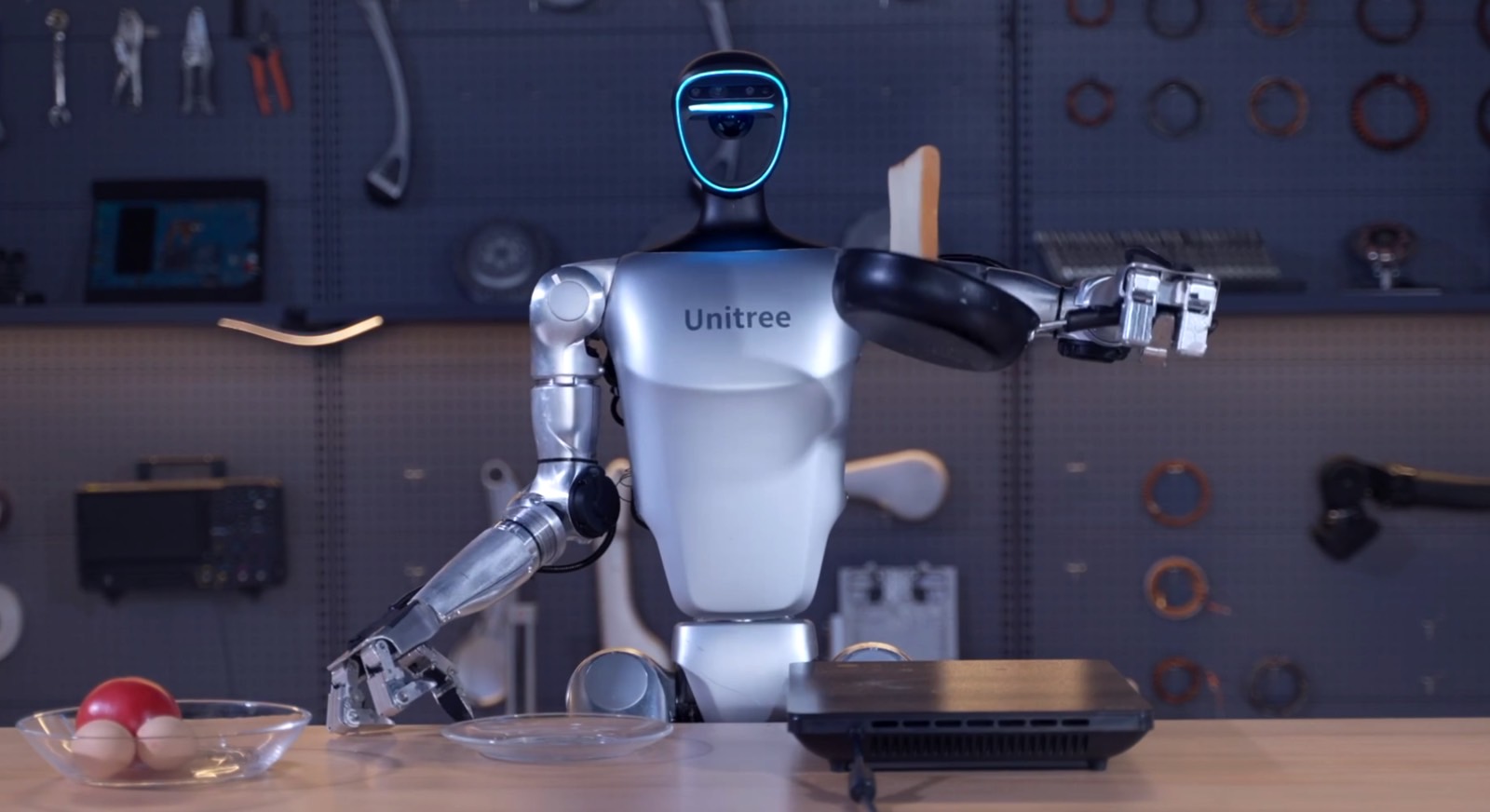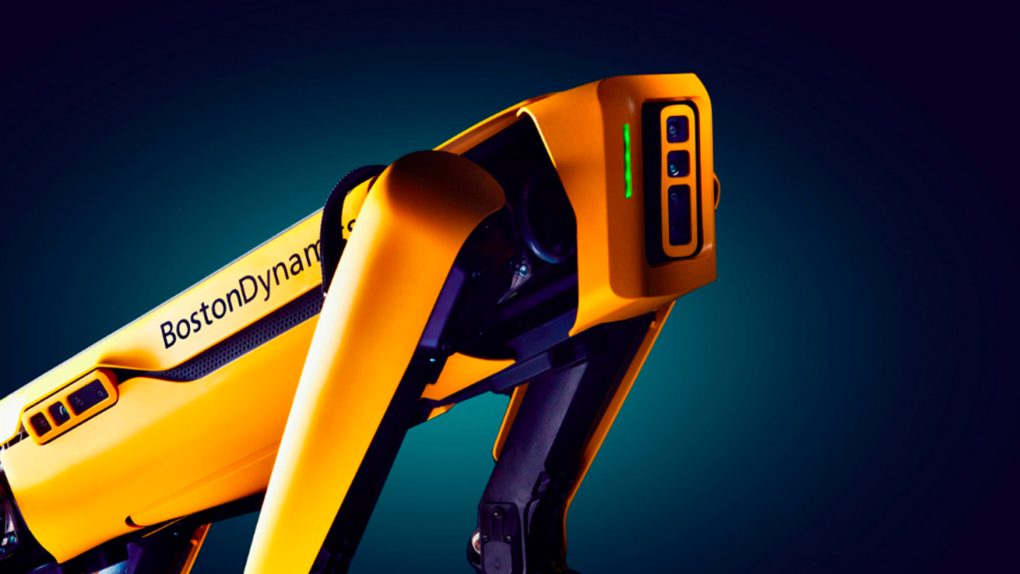Researchers at MIT have given robots everything they need to take over the world. A new algorithm called “Estimate, Extrapolate, and Situate (EES)” will soon allow robots to train themselves without human assistance. This robot self-training algorithm might sound handy, but I’m sure it’s going to create quite a stir in the world of robotic doomsayers.
The EES algorithm not only lets the robots train themselves, but it will also allow them to identify weaknesses in their skills. They can then take those weaknesses and use them to determine where they need to improve their skills. The robots do this by using vision systems to assess their surroundings and the task they’ve been given—like cleaning up a room or sweeping.

The robot can then use the EES to determine if additional practice is needed to enhance the robot’s performance. If it is, then the robot self-training algorithm will create training material for the robot and put it to use. The researchers tested the algorithm on one of Boston Dynamic’s Spot robot dogs, which already have a very strong history with menial tasks. This time, though, Spot did the job even smarter.
Of course, there is a lot of concern over robots and the current state of AI. A lot of folks are concerned AI will overthrow humanity—and even the Godfather of AI is convinced that could happen at some point. But, it’s also clear that the folks at MIT probably designed this algorithm to improve robots’ work with menial tasks—not with conducting warfare or other dangerous things.
That certainly isn’t likely to stop others from using it—or other systems like it—for those particular things, though. All we can do is hope that China doesn’t get ahold of this robot self-training algorithm for its rifle-toting robot dogs. The EES algorithm is highlighted in a new paper available on the preprint server arXiv.








